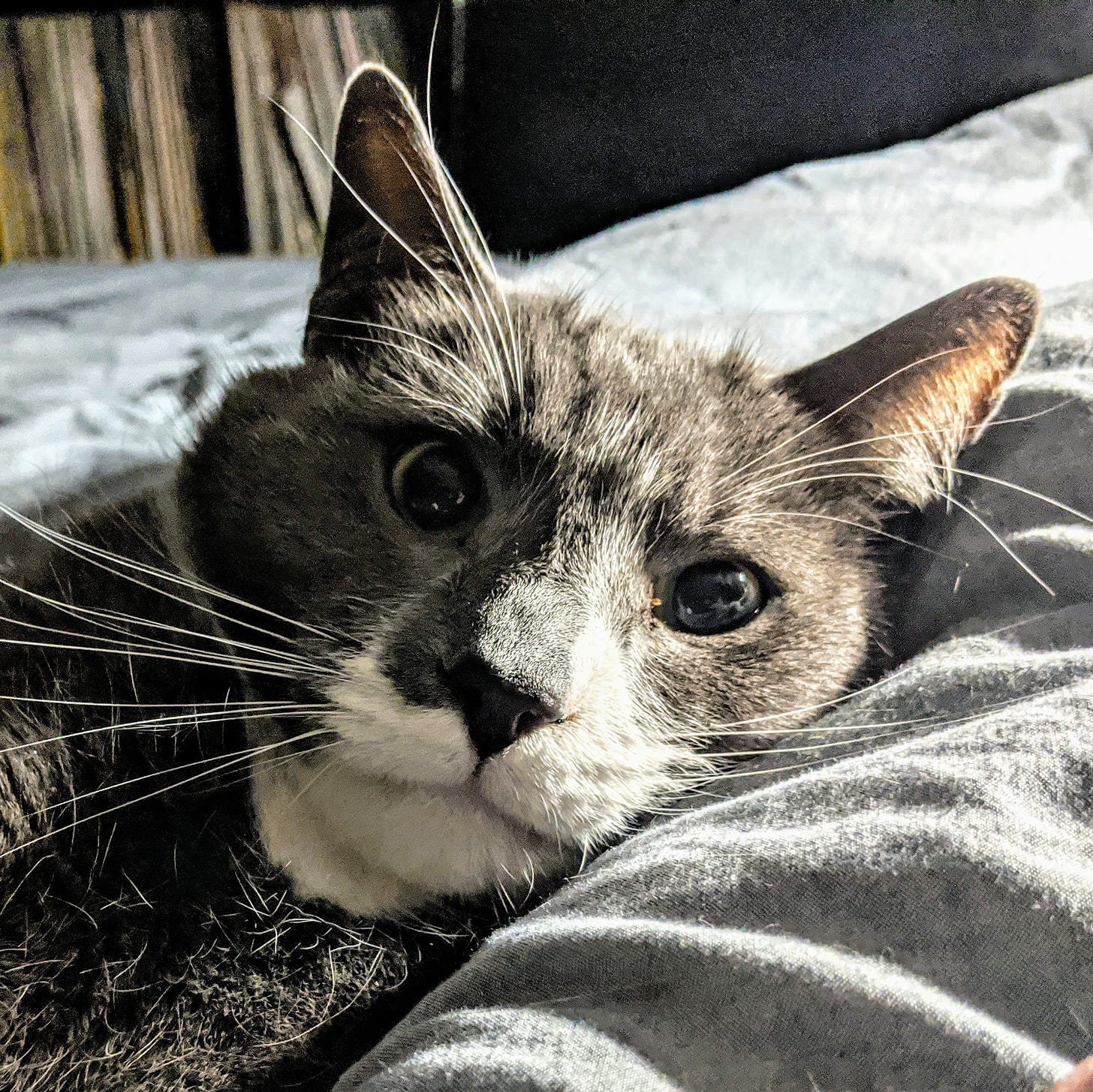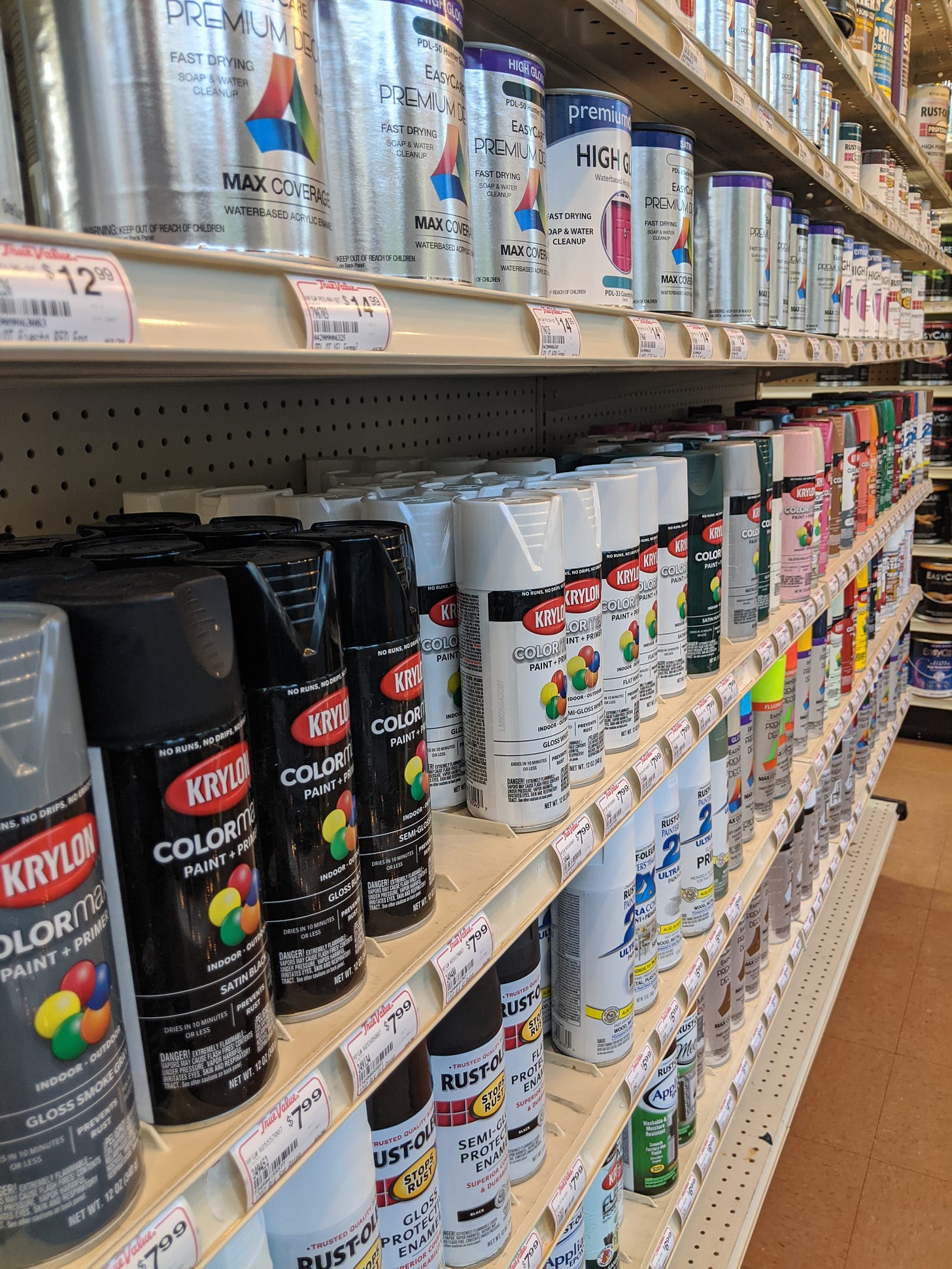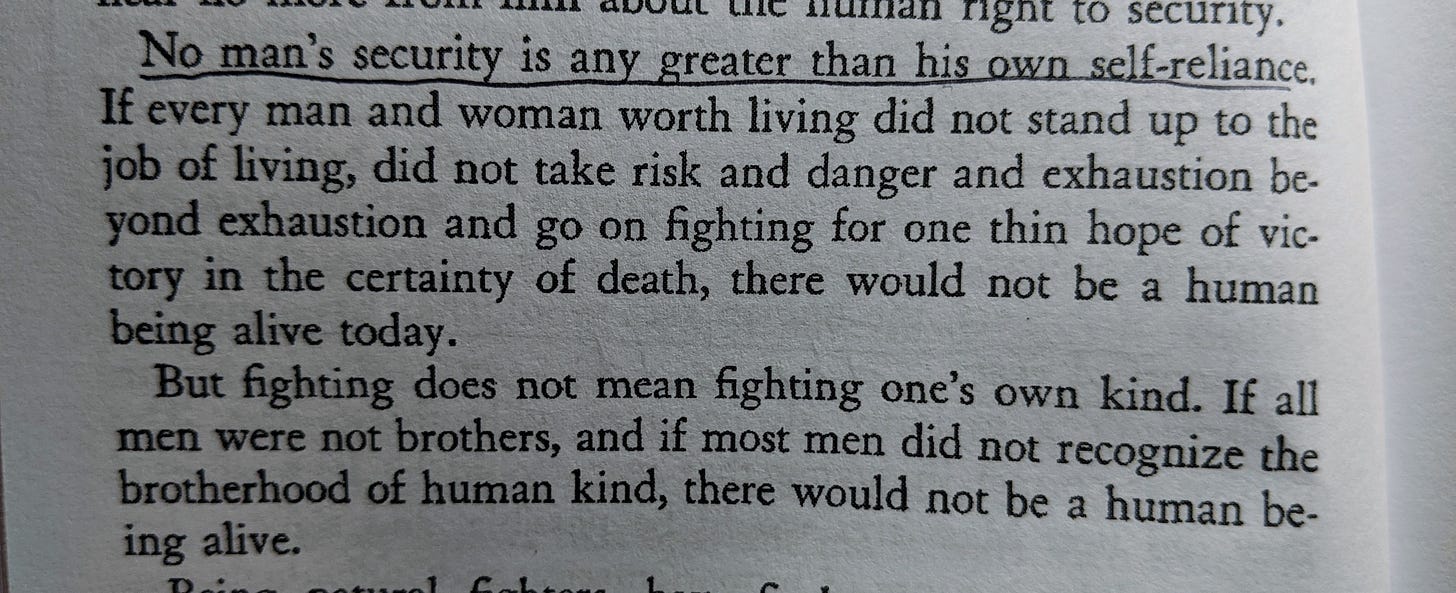Chapter 11: Patio Items (5/12)
The Culture Responds
One of the most interesting things about the plandemic is how the culture responded. As a huge music fan, you could see how different voices responded in different ways.
The default leftist position (of many in the music business) forced them to stay silent and play along. (I remember one of my former friends, who was a radical leftist, posted a poll soon after the plandemic was in place: “Which Sportsball are you going to miss THE LEAST?”)
But that’s too bad, as typically the protest music and such comes from the left (and it’s very good). But not this time.
I miss my mom, I miss my dad / I miss the road, I miss my band
Giving hugs and shaking hands
It's a mystery I suppose / Just how long this thing goes
But there'll be crowds and there'll be shows / And there will be light after dark
Someday when we aren't … “Six Feet Apart.”
I will never forget where I was when I first heard Luke Combs’ “Six Feet Apart.” … I was restocking the spray paint.
I couldn’t believe it, was this about the panic? Was someone actually singing the line “there will be light after dark / Someday when we aren't six feet apart”? I dashed over to the paint mixer, which is where the music app plays through the store’s (pretty decent, Sonos-brand) stereo system. Sure enough there it was.
Like, favorite-d and shared I did.
It was punk rock.
It was thrilling to hear someone saying something about all this nonsense.
To that end you also had “Back Porch” by county music artist Willie Jones. One of those new types of swag-country styles, it talks about how great his porch is.
Don't need no AC or the TV / Got a love seat on a porch swing
With a nice scene / Good Lord almighty
If you don't know, I got a plan / Grab your girl or grab your man
Slide out that of screen door / It's better on a back porch
At this point most all the bars are still closed (or spread open and distanced) and no one can go anywhere or have any fun, so where do they go?
On the back porch, of course.
In South Boston there are hundreds of back porches and hundreds of bros who rent them (they almost all work for the betting website Draft Kings). So, one by one, they start to “pimp out” their back porches—many times to woo the young bar-bras in the neighborhood—so we quickly start selling out of Christmas lights, Edison-style bulbs, heating units—what little patio furniture we had—propane, tiki torches, tiki torch fuel, etc.
Then, after work, you could walk around the neighborhood and see them being put up. Naturally, the compromised media and the older set started to totally freak out about these “super-spreader” (remember that nonsense?) events, featuring hundreds of young people on the deck blasting… what else?
“Back Porch.”
Addendum: All sorts of people were picking up all sorts of hobbies. I, for one, began reading my Bible again (I needed an explanation for this utter madness, after all) and I was learning to play guitar.
While my roommate and I started to pick up on playing a card game: Namely, Cribbage.
Turns out; Cribbage is endlessly fun.
And fascinating.
This is from Wikipedia:
According to John Aubrey, cribbage was created by the English poet Sir John Suckling in the early 17th century, as a derivation of the game "noddy". While noddy has become a historical, rarely-played game,[3] cribbage has continued unchanged as a popular game in the English-speaking world.[4] The objective of the game is to be the first player to score a target number of points, typically 61 or 121. Points are scored for showing certain jacks, playing the last card, for card combinations adding up to 15 or 31, and for pairs, triples, quadruples (cards of the same rank), runs (sequences of consecutive numbers irrespective of suit) and flushes (sets of cards of the same suit).[5]
The earliest rules were published in England and appear in Cotgrave (1662)[6] and are soon followed by Willughby (1672)[7] and Cotton (1674).[8]
The continuing popularity of cribbage is due in some part to the influence of the Victorian novelist Charles Dickens, who depicted the game in his novel The Old Curiosity Shop.[9]
Cribbage is played by American submariners,[10] serving as a common pastime. The wardroom of the oldest active submarine in the United States Pacific Fleet carries on board the personal cribbage board of World War II submarine commander and Medal of Honor recipient Rear Admiral Dick O'Kane, and upon the boat's decommissioning, the board is transferred to the next oldest boat.[11]
Right?
We were so enthralled by the game that we started to stock it and playing cards at the store. Sure enough, with everyone forced to stay in their homes because of the terror-addicted news media, it caught on in the neighborhood.
Customers would share with us stories of their hands, where they were at (total-wins-wise) with their playing partner, etc. With a little extra time, we could have held neighborhood contests sponsored by the store at the local VFW, say, but alas, they had banned meeting there.
In fact, they had banned Alcoholics Anonymous from meeting there (leading the liquor stores packed with alkies who fell off the wagon).
There are plenty of theories on how to play Cribbage and we would discuss various strategies and concepts with the now-obsessed customers, but one thing is very clear:
Always hold onto your Aces.
Next week the panic really starts to set in:













